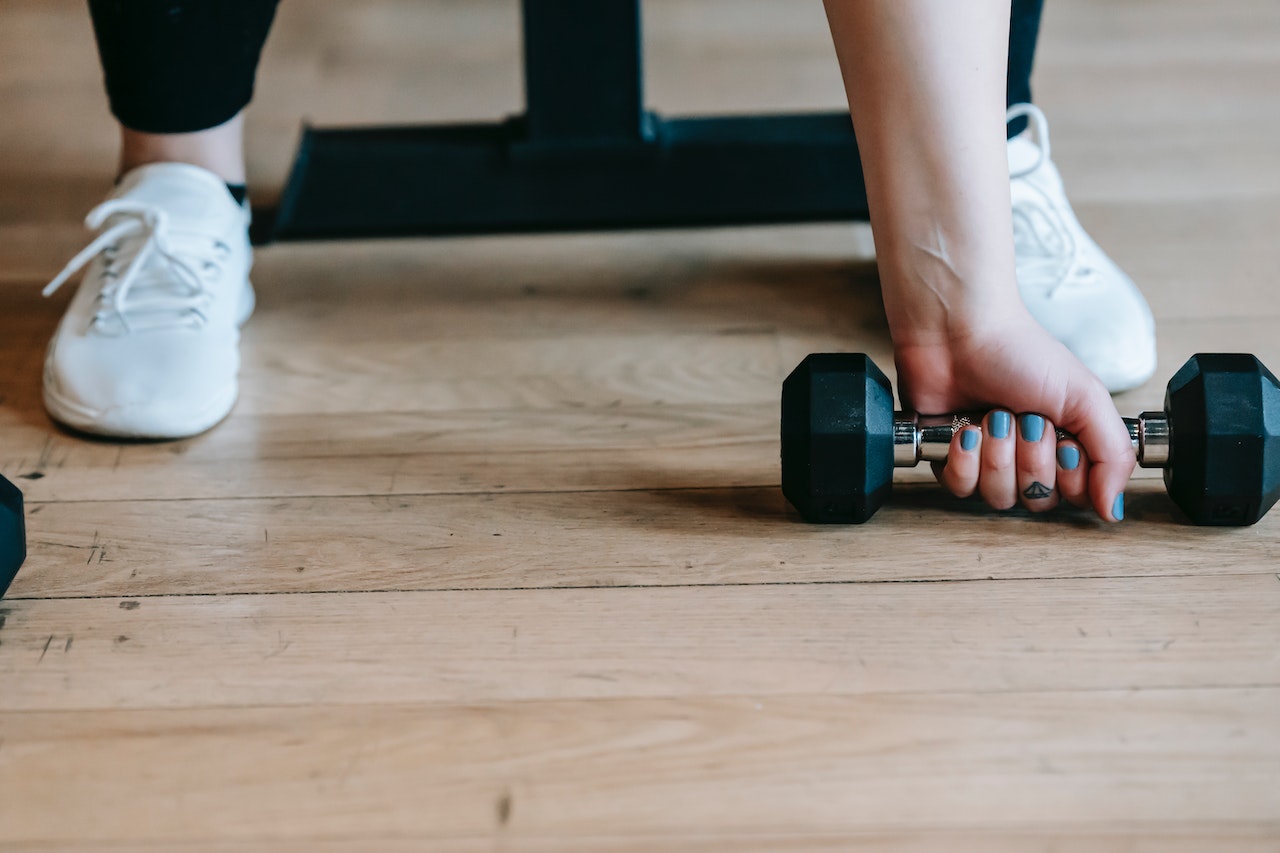Most people know that getting a good night’s sleep is important for their health and well-being. However, some struggle to string together consecutive evenings of optimum sleep.
There are many benefits to getting the right amount of sleep, including good physical health, mental clarity, and improved focus. Too little or too much sleep can lead to fatigue, mood swings, difficulty concentrating, and other issues.
The right amount of sleep differs from person to person, but most adults need between 7 and 8 hours of sleep per night. If you’re not getting this amount of sleep each night, or if you’re not feeling rested even after sleeping for so long, it’s time to make some changes to facilitate better rest.
Read on for eight strategies that will help you get the right amount of sleep and tips to develop healthy sleeping habits.
Eight Strategies and Habits to Help You Sleep Better
Getting a good night’s sleep is easier said than done for many people. The demands of modern life have only made it more challenging.
If you’re struggling to get a good night’s sleep, you can start by creating a virtual planner or virtue map to outline what’s important for you.
You can also try these sleeping habits to give you a good night’s rest:
Create a Consistent Sleep Schedule
For consistency, go to bed and wake up at the same time every day. This will regulate your body’s natural sleep cycle, and soon your body will get used to this schedule.
Develop a Relaxing Bedtime Routine
A relaxing bedtime routine will help you wind down at the end of the day. This can involve reading, taking a bath, or doing some light stretching. Turn down the lights and make sure the temperature in your room is conducive to sleep. Perform these tasks with mindfulness to encourage your body and mind to wind down.
By doing the same things every night before bed, your body will begin to associate these activities with sleep and slow down on its own.
Exercise Regularly
Most people know that regular exercise is good for their physical health. But did you know that exercise can also help you sleep better?
Studies have shown that regular exercise improves sleep quality and quantity. A dose of endorphins and productively expending your energy may be just what you need.
Maintain Healthy Eating Habits and a Nutritious Diet
Eating foods that are high in nutrients and low in sugar can help you sleep better and feel more rested during the day.
Of course, you don’t need to completely overhaul your diet to see a difference in your sleep. Even small changes, like eating an extra serving of vegetables or avoiding caffeine several hours before bed, can make a big difference.
Limit Caffeine Consumption and Use of Nicotine Products
One of the most important things you can do to improve the quality of your sleep is to limit your caffeine intake. Caffeine is a stimulant and can keep you awake even if you’re tired. So if you’re having trouble sleeping, cut back on caffeine during the day and stick to caffeine-free beverages after noon.
You should also avoid nicotine products. Nicotine is another stimulant that can keep you awake and make it difficult to fall asleep. If you’re a smoker, do your best to quit smoking or at least refrain from smoking in the evening.
Avoid Drinking Alcohol
Some people like to drink a bit of alcohol in the evening to help them sleep. After all, it is known for its sedative effects. But did you know that avoiding alcohol altogether can actually improve the quality of your sleep?
While a glass of wine or beer before bed may help you relax and fall asleep more quickly, alcohol decreases sleep quality. This is because alcohol disrupts the normal sleep cycle, preventing you from getting the deep and truly restful sleep you need for recovery.
Cutting out alcohol from your dinner routine may be a good place to start improving your sleep.
Limit Daytime Napping
Daytime naps can give you a boost of energy if you didn’t get enough sleep the previous evening. However, indulging in naps can also disrupt your sleep cycle and make it more difficult to sleep at night.
Here’s what you can do to limit daytime napping:
- Get most of your sleep at night. Use the other tips on this list to set yourself up for a truly restful 7 to 8 hours of sleep at night so you won’t need to nap in the middle of the day.
- Limit your naps to 30 minutes or less. Napping for longer than 30 minutes can make it more difficult to fall asleep at night.
- If you really need a nap, do it as early in the day as possible. Napping in the late afternoon or early evening will surely disrupt your regular sleep schedule.
Remove Distractions in the Bedroom
It’s no secret that our world is becoming increasingly digitized. We now use computers for work, play, and to keep in touch with loved ones. TVs, tablets, and phones are ever-present in our lives—even in our bedrooms.
But new research shows that having screens in the bedroom can negatively impact the quality of our sleep. The blue light emitted from screens can disrupt our natural sleep cycles, leading to poorer sleep.
But removing these distractions can be difficult. So how can you make the switch? Start by gradually removing gadgets from your bedroom and get out of the habit of using them late in the evening.
If you usually watch TV before bed, try reading a book instead. Disconnect your gadgets from the internet, so you’re not tempted to use them. Make it a rule that your bedroom is for rest and sleeping, not working or scrolling.
Get Better Sleep Tonight
These simple changes to your daily routine are sure to improve the quality and quantity of sleep you get each night. And once you sleep better, you will see an improvement in your overall health and mental focus.




